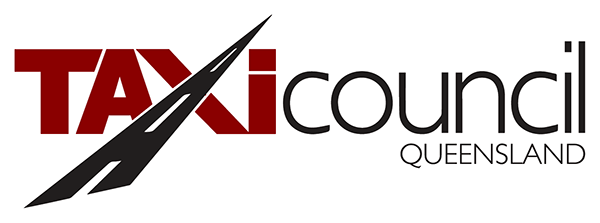Media release
March 29, 2019
The Queensland Government’s reforms to the Personalised Transport sector may have removed the requirement for bailment agreements between accredited taxi operators and authorised taxi drivers to be in writing, however, the Taxi Council of Queensland (TCQ) continues to advise members not to fall into the trap of relying on verbal bailment agreements. TCQ recommends to all members that they make sure their bailment agreements are in writing, and kept up to date, because it provides far better protections for everyone concerned.
“Just like any other legal contract, bailment agreements defining the business relationship between taxi operators and drivers are better in writing because if something goes amiss and leads to a dispute, they provide clarity and direction for finding a quick and fair resolution,” said TCQ’s CEO, Mr Blair Davies.
“A written agreement, voluntarily entered into and signed by both parties, not only helps the resolution of disputes, it can also help prevent disputes arising in the first place. Misunderstandings by one or other party can easily escalate when people are relying on their recollections of verbal conversations.
“It is natural for most of us to be a little selective in recalling who said what, seemingly remembering well those things that help our position but so well, possibly even completely forgetting, some that don’t. A written bailment agreement provides the specifics of each party’s respective rights and obligations, so avoiding the vagaries of convenient memories.”
TCQ has a Standard Bailment Agreement that it makes available for industry members to use. TCQ’s standard agreement has been developed to provide a fair balance of the respective interests of taxi operators (bailors) and taxi drivers (bailees). Uniquely, it recognises that taxi operators and drivers are not in any kind of master-servant or adversarial relationship but rather they participate in a business relationship of cooperation in a joint adventure.
TCQ has recently reviewed its Standard Bailment Agreement and produced an updated version that introduces some new clauses to provide clarity around Chain of Responsibility obligations of operators and drivers arising from the Government’s Personalised Transport reforms. While the changes in the terms and conditions document have been kept brief to preserve the readability of the document, they are nonetheless substantive. TCQ therefore recommends everyone using any previous version of its standard bailment agreement should prudently move to the updated version.
The TCQ’s newly revised standard bailment agreement is freely available for review and downloading from the publications page on the TCQ website (tcq.org.au/bailment-agreement/).
“We would encourage members to use the TCQ’s standard bailment agreement with confidence. It serves as yet another example of TCQ remaining relevant and working hard for all members of the Queensland taxi industry,” concluded Mr Davies.
ENDS
